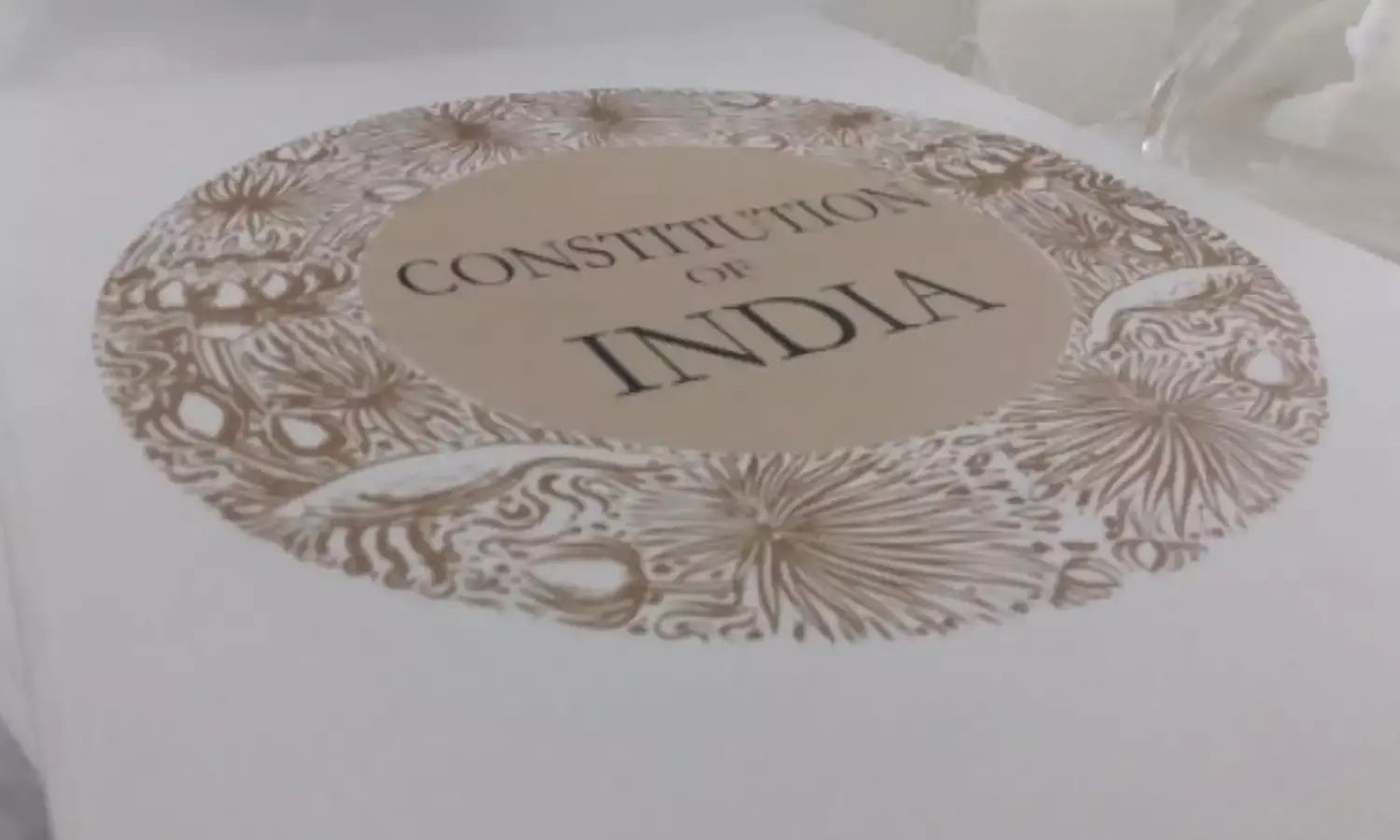Former Civil Servants Write to Law Minister On Advisory Board for Preventive Detention
Notify a date for S.3 of the Constitution (Forty Fourth amendment) Act, 1978;

We are a group of former civil servants of the All India and Central Services who have worked with the Central and State Governments in the course of our careers. As a group, we have no affiliation with any political party but believe in impartiality, neutrality and commitment to the Constitution of India.
You would be aware that Art. 22(4) of the Constitution of India was amended by the Constitution (Forty Fourth Amendment) Act, 1978. S. 3 of this amendment Act provides that the Advisory Board, to be constituted for examining the justification for preventive detention under this Article, is to be appointed in accordance with the recommendation of the Chief Justice of the High Court; it is to be headed by a sitting judge of that High Court and have at least two serving/former judges of any High Court as members of the Board. The said S. 3 also deleted Art 22(7)(a) of the Constitution, thereby deleting the provision authorizing preventive detention without obtaining the opinion of an Advisory Board.
These amendments were meant to curtail the arbitrary power of governments to appoint on the Advisory Board any person qualified to be a judge of a High Court, and to ensure that no preventive detentions could be made, or continued, without obtaining the opinion of the Advisory Board within 2 months of the detention. These provisions have yet to come into force since a notification to give effect to S. 3 of the 44th Constitutional Amendment has not been issued.
At present, any advocate who is qualified to be a judge of a High Court, can be appointed to the Advisory Board. In effect, any advocate with ten years or more of practice can sit on an Advisory Board. This provision is, thus, vulnerable to abuse by governments which, instead of appointing neutral, independent members to the Board, may appoint persons of their choice, including those owing allegiance to the political party in power.
A look at the Objects and Reasons of the Constitution (Forty Fourth Amendment) Act, 1978 explains why Parliament, soon after the experience of the Emergency of 1975-77, considered it necessary to check arbitrary preventive detentions. Para 1 of the Objects and Reasons is cited below:
“Recent experience has shown that the fundamental rights, including those of life and liberty, granted to citizens by the Constitution are capable of being taken away by a transient majority. It is, therefore, necessary to provide adequate safeguards against the recurrence of such a contingency in the future and to ensure to the people themselves an effective voice in determining the form of government under which they are to live. This is one of the primary objects of this Bill.”
Successive Union Governments have, however, failed to notify any date for the coming into force of this Constitutional Amendment that was passed by Parliament as far back as 1978. It is not open to the Government of India to sit in judgment over the wisdom of Parliament, which was convinced of the necessity of amending Clause (4)(a) and deleting Clause (7)(a) of Article 22 through the Constitution (Forty Fourth Amendment) Act, 1978.
The provision empowering the Government of India to notify the dates for the coming into force of different provisions of the Constitution (Forty Fourth Amendment) Act was intended to give the government some flexibility in this regard. It will be a travesty if this provision is conveniently used by the government to negate the legislative intent by refusing to notify the date of coming into effect of the Constitution (Forty Fourth Amendment) Act. The unconscionable delay of 43 years in the issue of this notification has resulted in a brazen abuse of preventive detention laws in gross violation of human rights and a progressive erosion of our cherished democratic values.
We, therefore, urge the Government of India to forthwith notify a date for the coming into force of S. 3 of the Constitution (Forty Fourth Amendment) Act, 1978.

